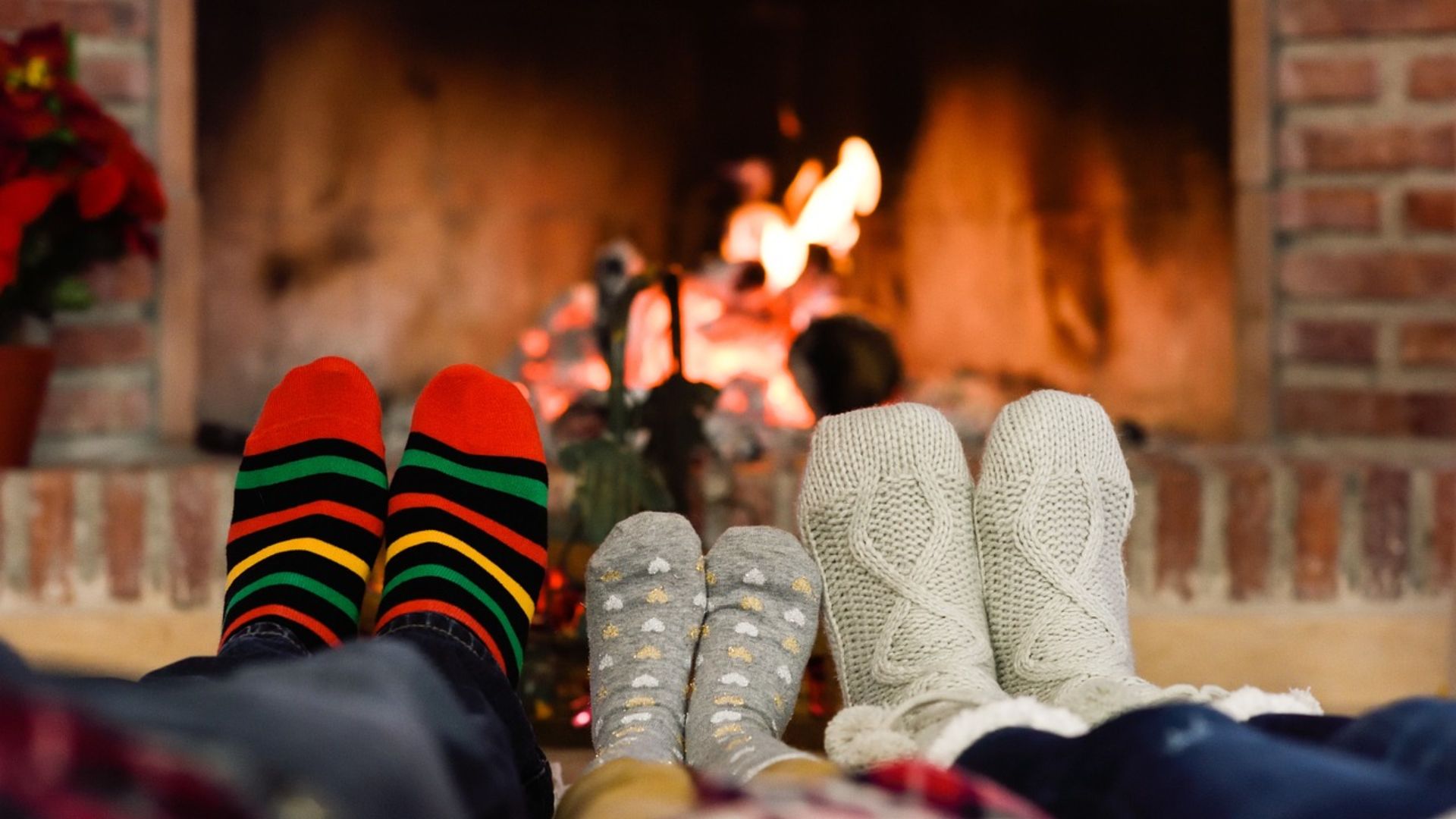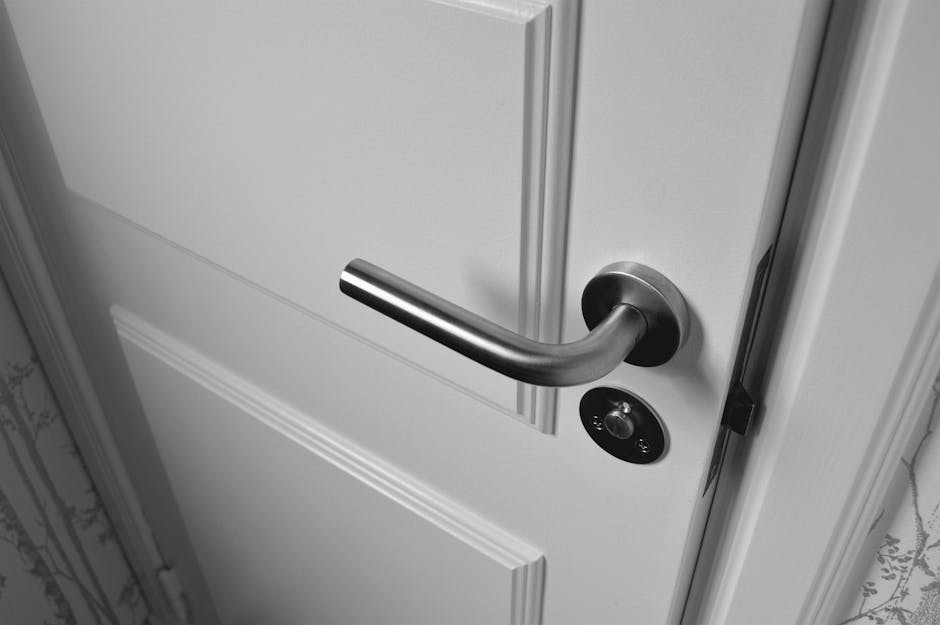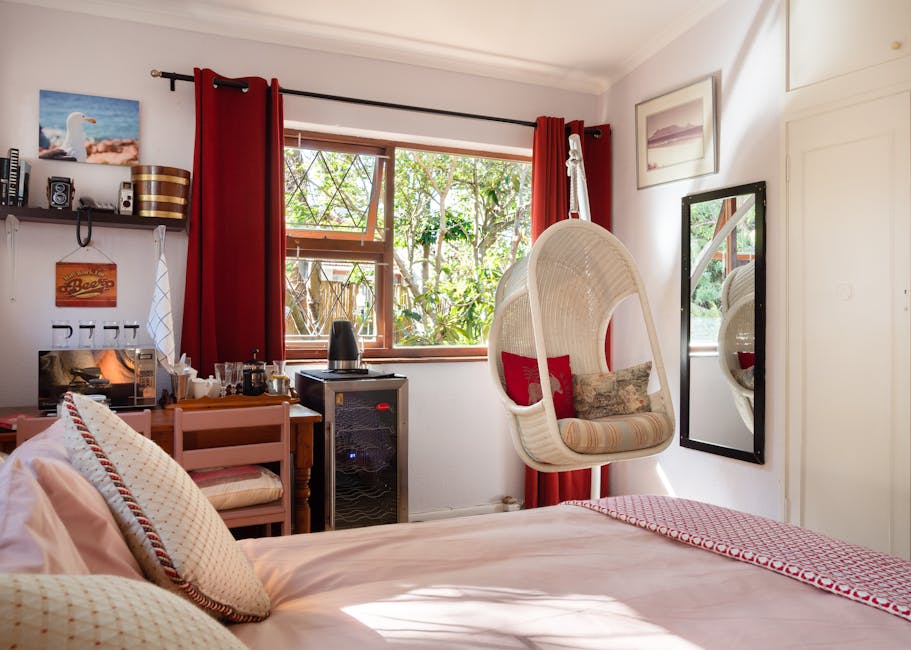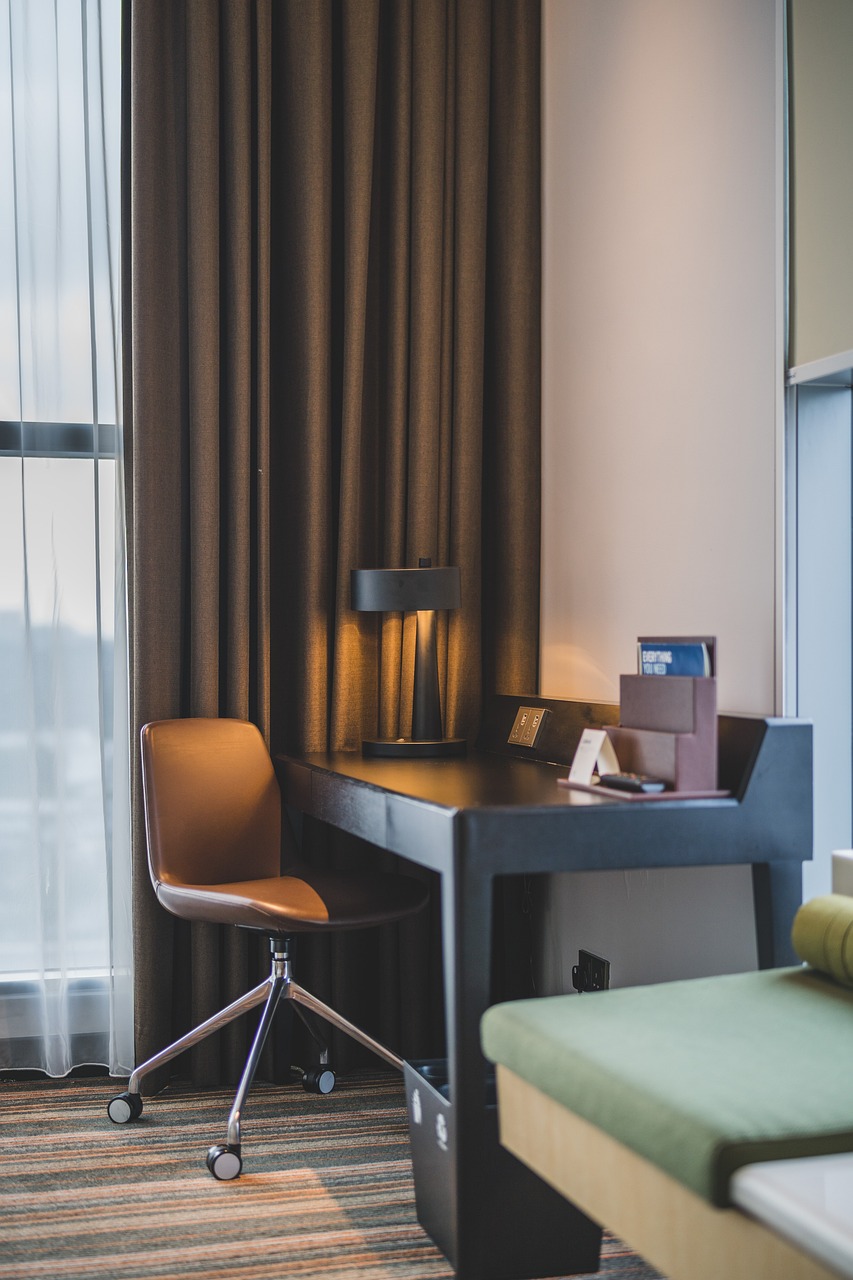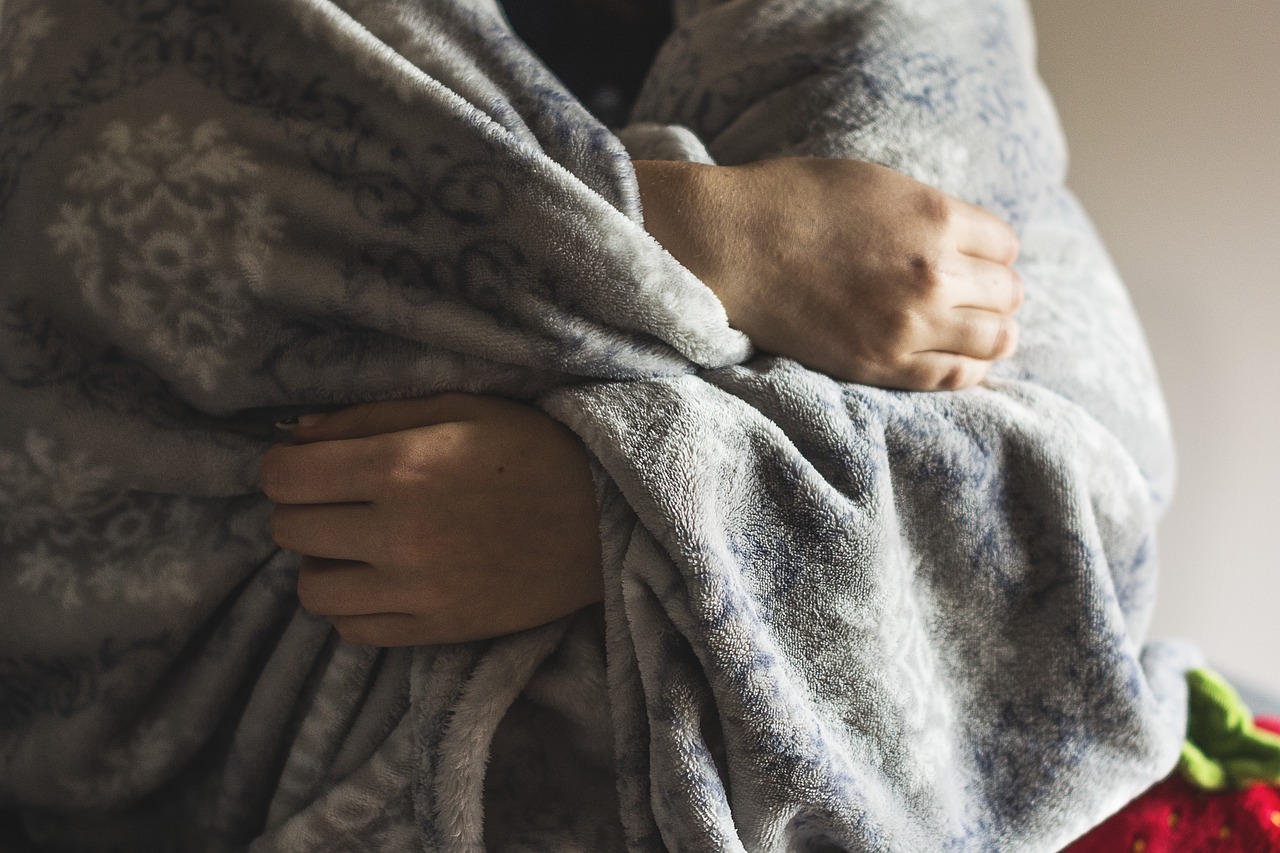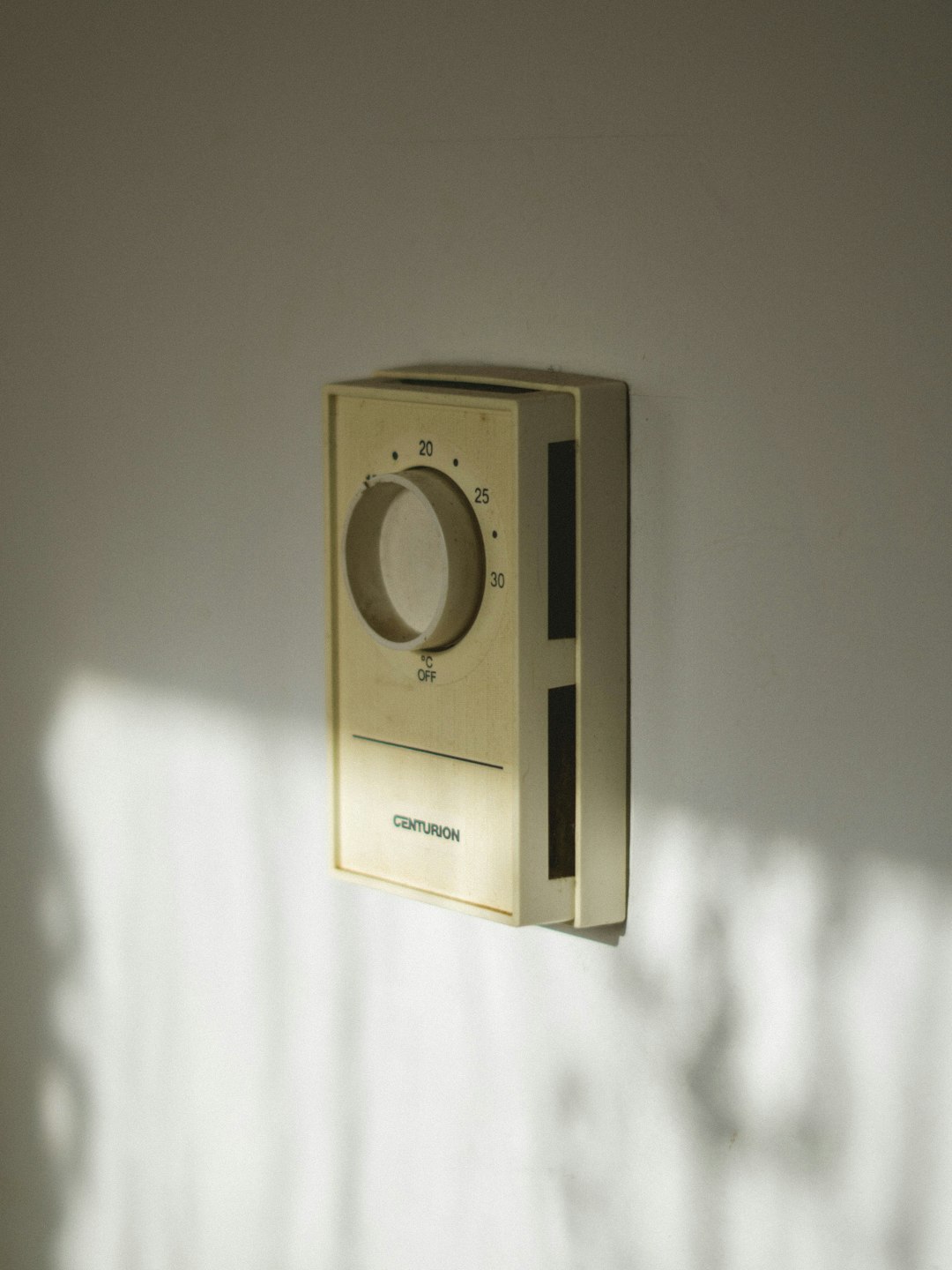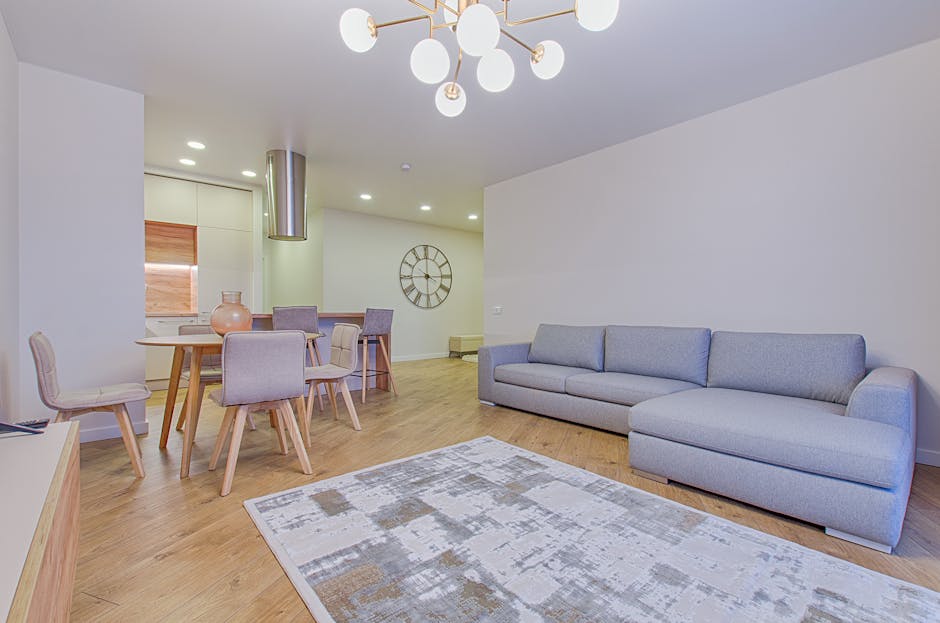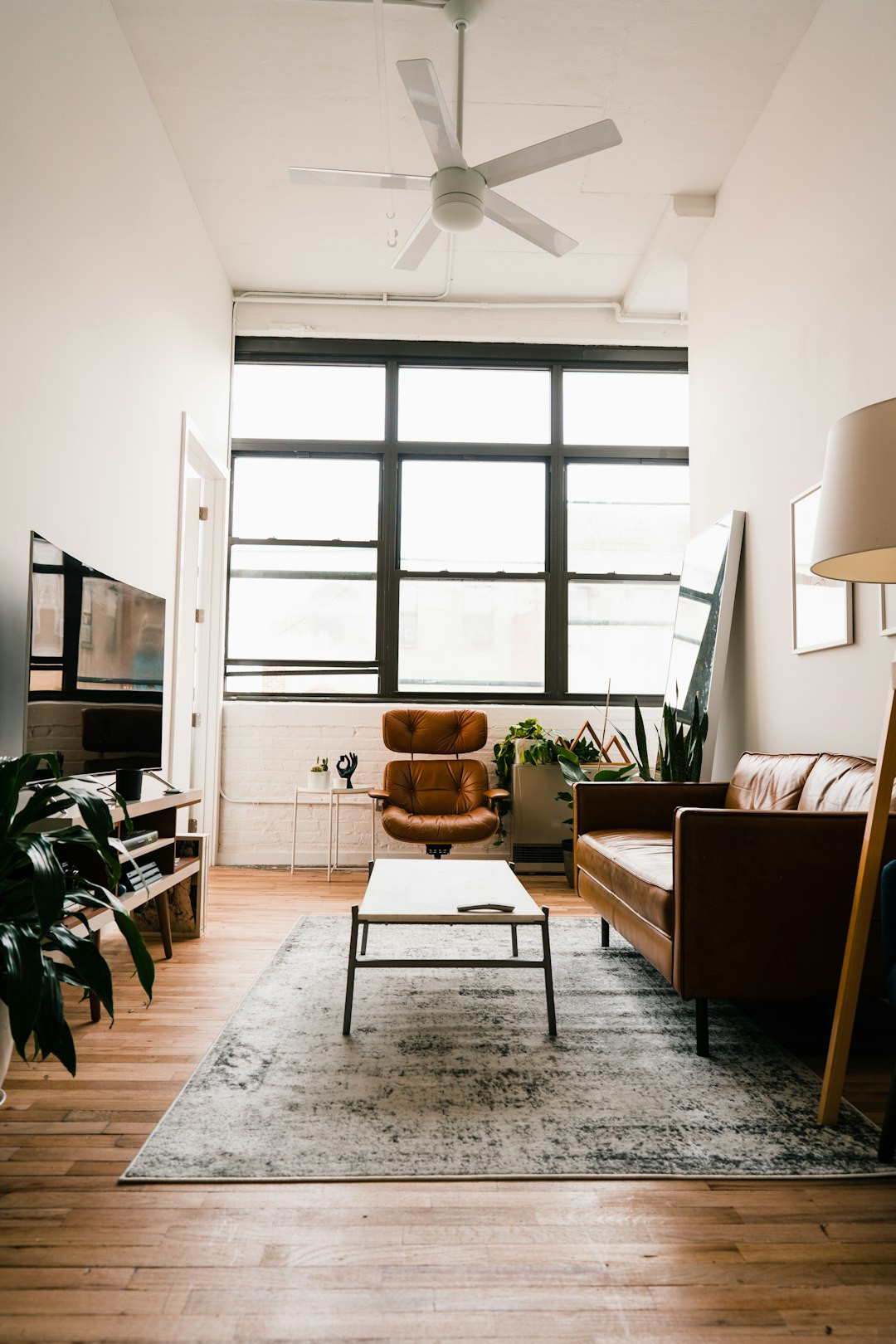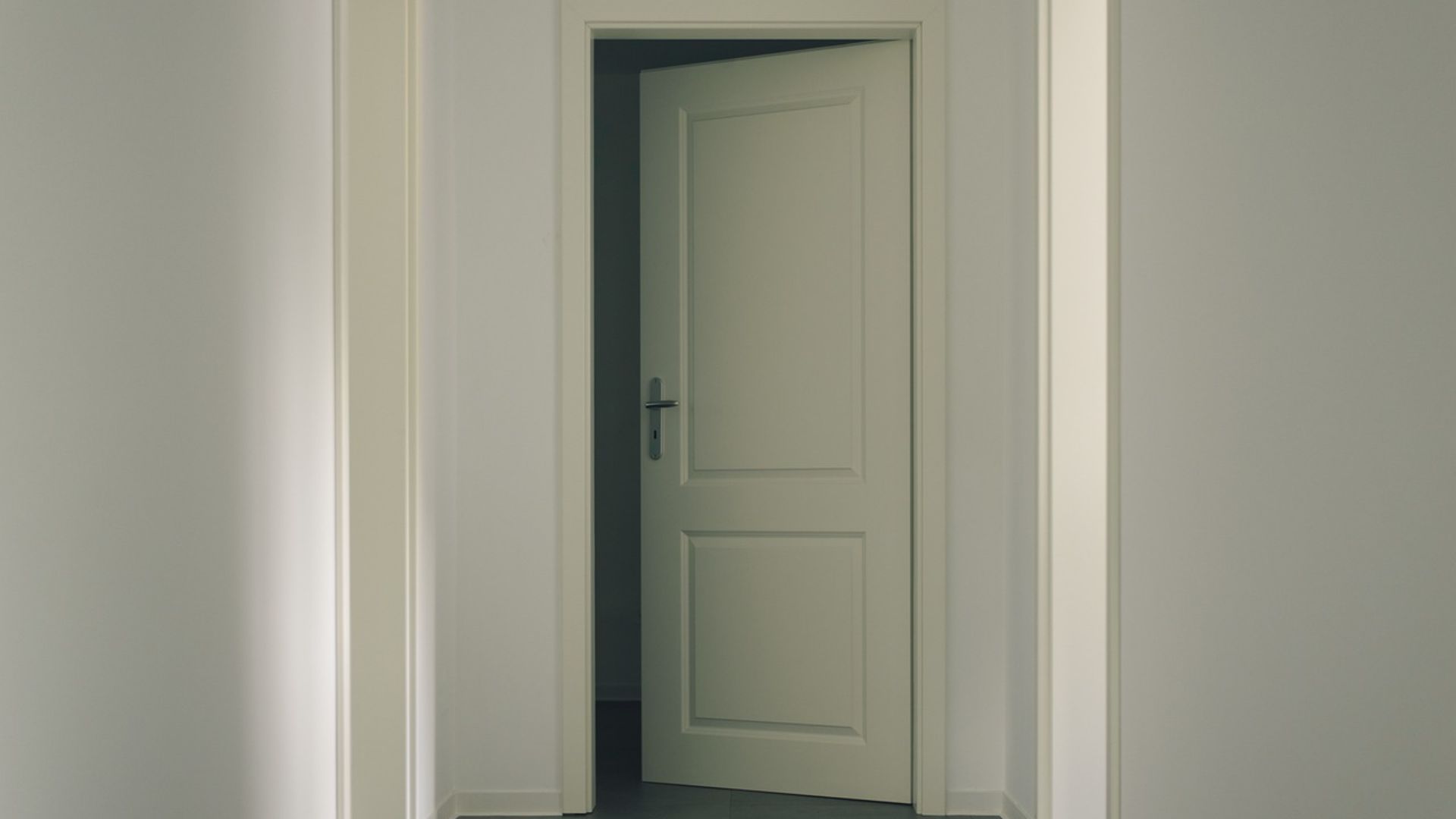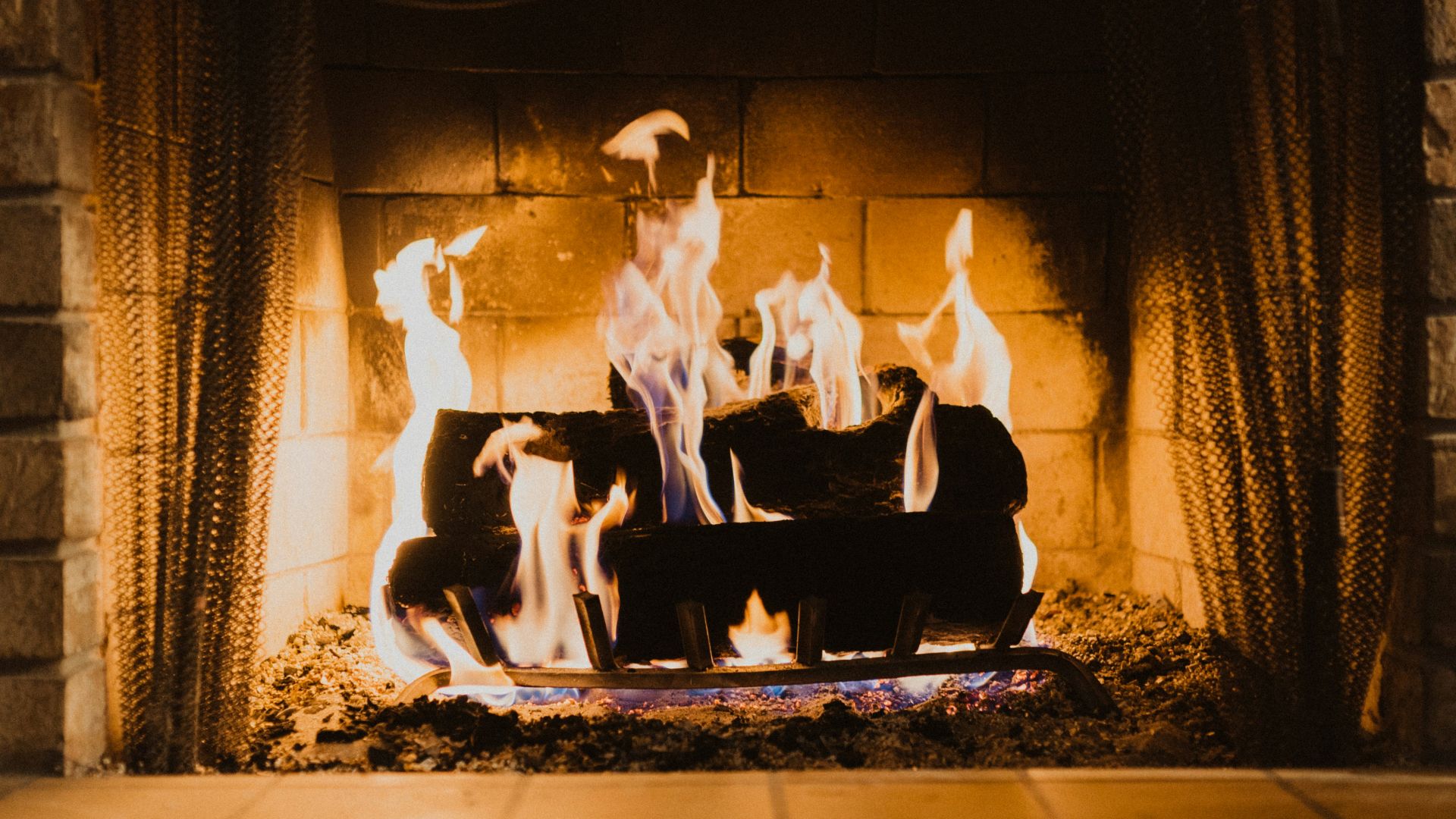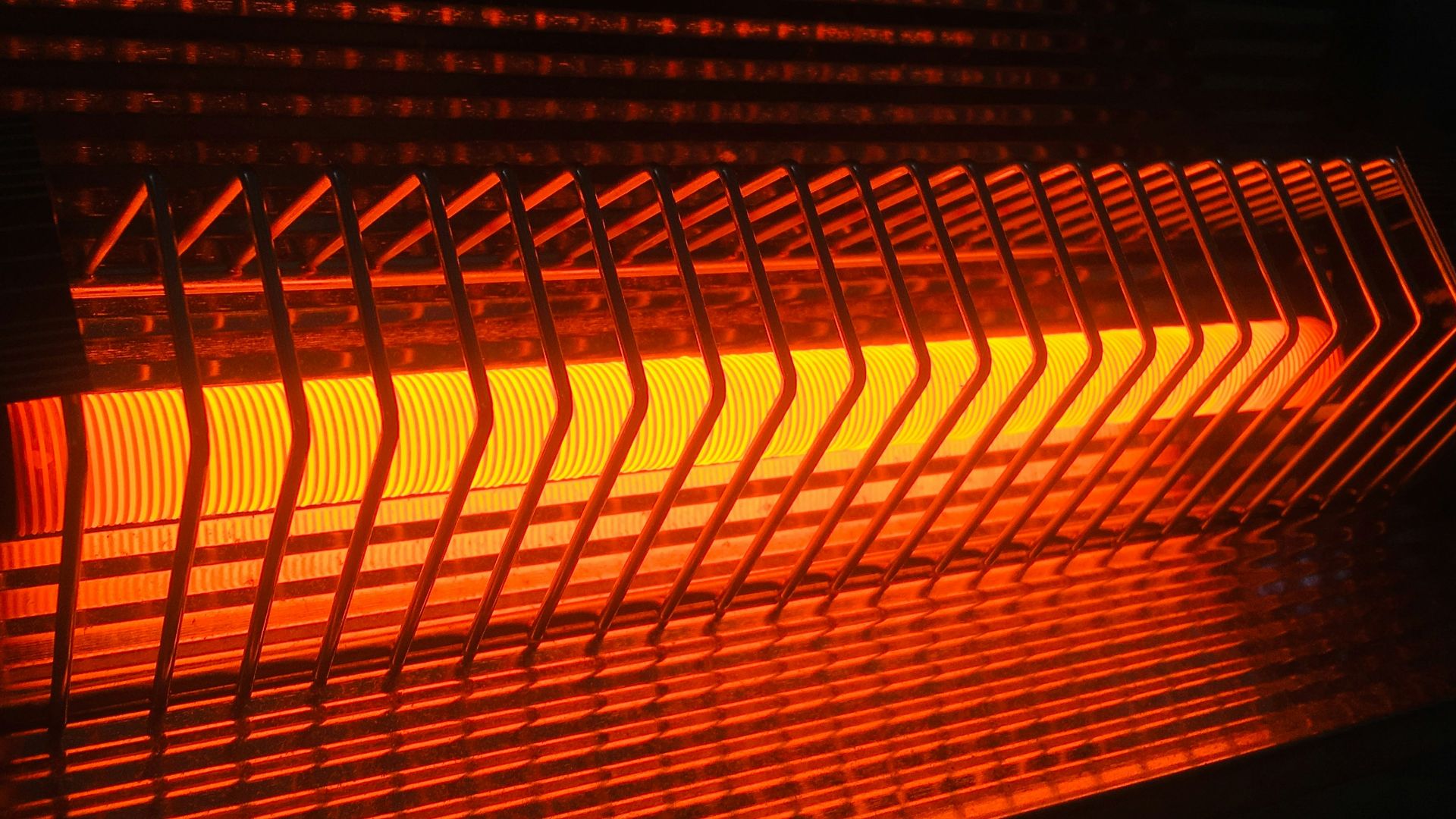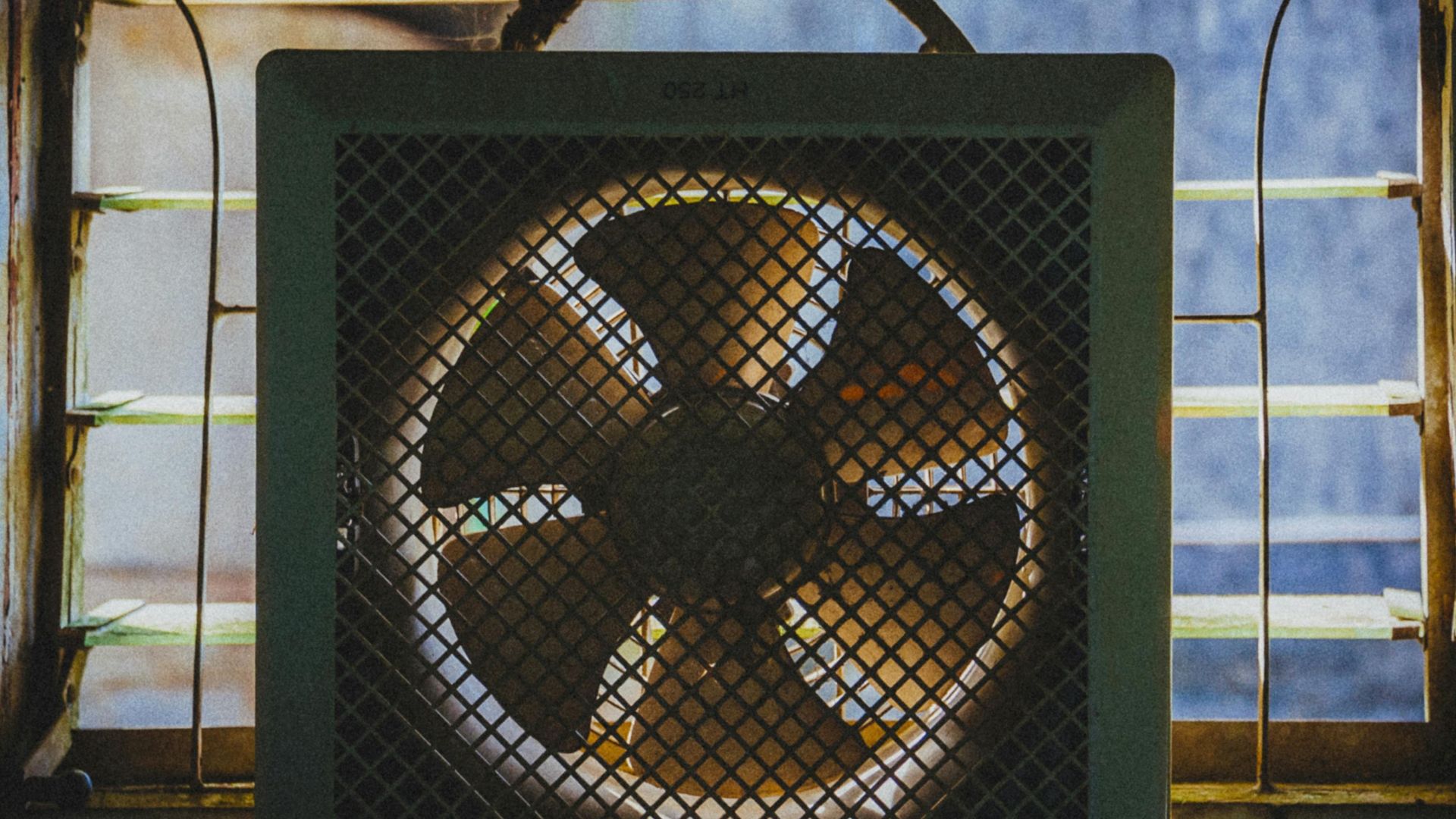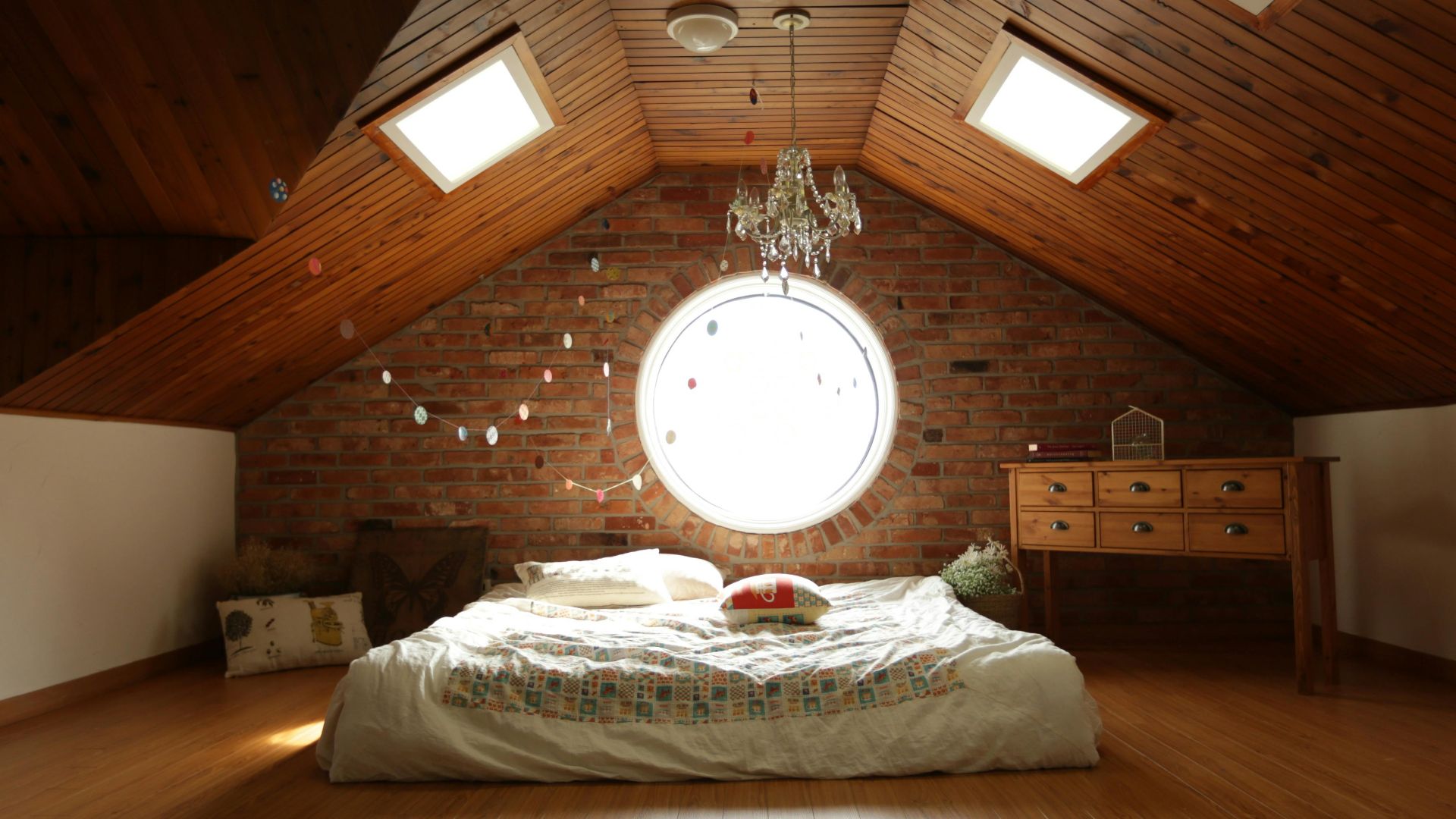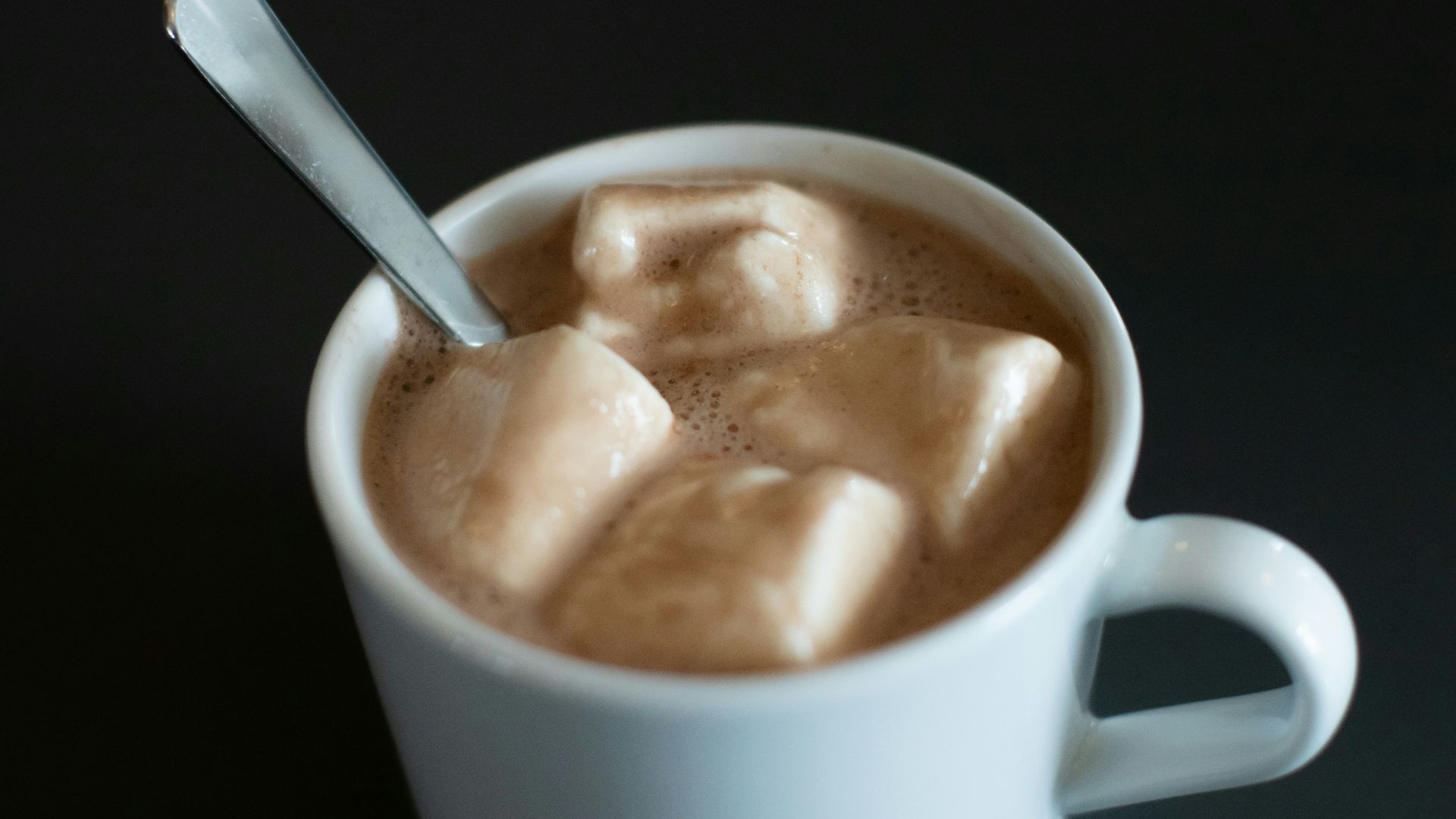Warm Up Your Home for Less
As the winter season sets in, it's just as important to bundle up outdoors as it is to ensure we're all warm and cozy indoors. But don't immediately crank your thermostat up just yet. If you're looking to save on your heating bill, there are various ways to do it. Here are 20 hacks to keep you and your home warm for less.
1. Sealing Off Gaps in Windows & Doors
You may not know it, but there could be gaps and holes in your walls, windows, or doors letting in cool air. Make sure to seal these openings with sealant or weatherstripping to prevent heat from escaping your home. If you're not sure where the cracks are, hold out your hand and feel for drafts.
2. Open Curtains During Daytime
When the sun is out, open your curtains to let the light in; the heat from the sun's rays will warm up your home during the day. In the evening, make sure to draw your curtains back together to add back a layer of insulation and to keep the warmth within your house.
3. Bundle Up
The easiest way to save on heating expenses in the winter is to bundle up. Layer long-sleeved shirts under sweaters and thick fleece hoodies to keep your body warm. And don't forget to wear fluffy mitts, socks, and cozy slippers for your hands and feet.
4. Cook or Bake at Home
Whenever you can, have dinner at home. Not only will this save you more money than eating out, but cooking and baking in the house will also lock the residual heat in and make everything feel toastier. Plus, just moving around and staying active will keep you warm.
5. Light Candles
Lighting up some candles will help generate some warmth while adding a nice holiday glow to your home. If bright enough, you can also turn off any lights in the house to save energy. Just make sure not to leave open flames unattended and to blow them out when leaving a room.
6. Thermal Curtains
Consider replacing sheer curtains with thermal ones. Made with multiple insulated layers of fabric, these drapes help trap the heat in by creating a barrier between the window and room, preventing cool air from escaping into these spaces.
7. Weighted Blankets & Throws
Now that it's winter, it's time to pull out your blankets and throws so you can cozy up on your couch during movie nights. Better yet, get weighted blankets. These special covers are designed to apply slight, constant pressure to the body, which means not only do they keep you warm, they can also relieve anxiety and improve sleep.
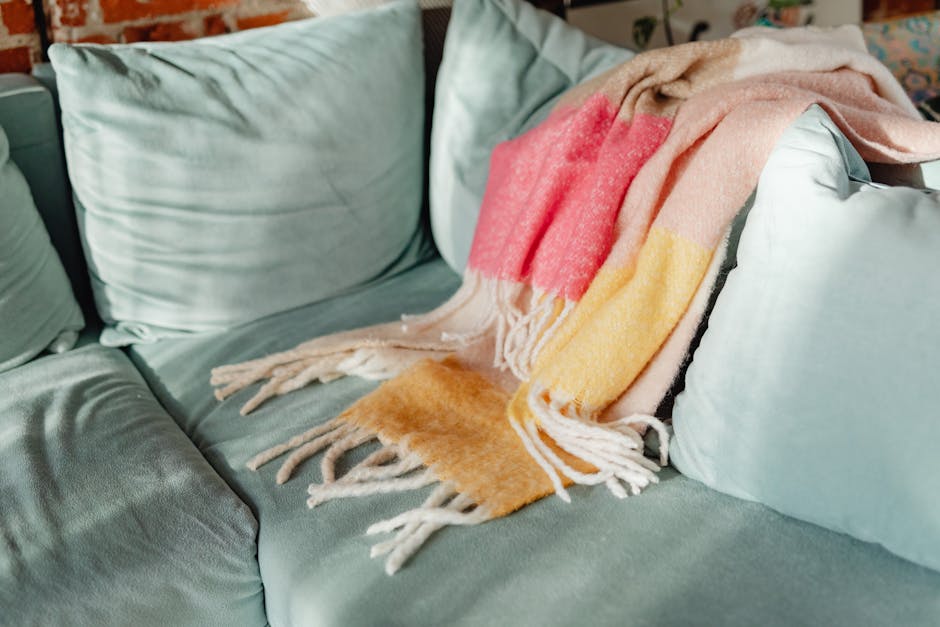 Photo By: Kaboompics.com on Pexels
Photo By: Kaboompics.com on Pexels
8. Electric Blanket
If weighted blankets or throws aren't enough to keep you warm, it may be worth getting a heated one. Electric blankets don't typically use much energy to generate warmth, and they can be an effective way to save on heating bills if you don't need to heat an entire room.
9. Turn Down Your Thermostat
You might be surprised how turning your thermostat down by just two or three degrees can save you more money in the long run. A good tip is to leave it around 17°C when you're away from home and to turn it back up to 20°C when you are at home. You can also get a smart thermostat to set it and forget it.
10. Place Rugs on Bare Floors
If you don't have carpet, consider buying rugs and mats to place on hardwood floors. This adds a layer of insulation to trap warmth and prevent your feet and tiles from getting cold. They're also great for beautifying your home and you can place as many rugs (or as few) as you'd like throughout your space.
12. Change Ceiling Fan Direction
Did you know that you need to change your ceiling fan's rotational direction in the summer and winter? In the summer, it should rotate counterclockwise so warm air is pulled up while cool air is pushed downwards. In the winter, it should rotate clockwise for the opposite effect: cool air up and warm air down.
14. Close Vents in Unused Rooms
If you have any unused rooms in your home, close off the air vents to them so that you don't waste money heating these spaces, and shut all windows and doors. Be careful not to let these rooms get too cold if they contain important pipes behind the walls.
15. Use Your Fireplace
Have a fireplace at home? Toss in some firewood and kindling to get a flame going. The con is that this only warms up the room it's in, but it can still help reduce your heating bill. Electric fireplaces are also more energy- and cost-efficient than traditional ones.
16. Additional Heat Sources
If you're someone who runs cold and bundling up in warmer layers isn't helping, consider purchasing external—and portable—heat sources, such as a space heater or fan. These can be moved and put in whichever rooms need more warmth without turning up the thermostat for the entire house.
17. Turn Off Exhaust Fans
After you take a shower, you might be tempted to leave your exhaust fan on to clear out the humid air. But in the winter, turn it off after a short while and leave your bathroom door open instead so that the heat can be transferred to warm other spaces.
18. Use Humidifiers
While humidifiers aren't a direct heat source, the moisture they add can warm certain areas of your home. This is because when air is saturated with extra water vapor and is trapped within a closed space, it slows down the rate moisture evaporates from our skin, which helps us retain more body heat.
19. Add Insulation to Attic & Garage
Attics, garages, and basements are typical spaces in your home where cool air can be swept in from gaps and cracks. Adding extra layers of insulation to these rooms will ensure the heat in your home doesn't escape and that outside air isn't being let in.
20. Drink Warm Liquids
While this might sound obvious, drinking hot liquids, like soups, cocoa, coffee, or tea, can make you feel much warmer by increasing your body temperature. Plus, it's important to stay hydrated even for cozy nights in, so remember to nourish your body.


